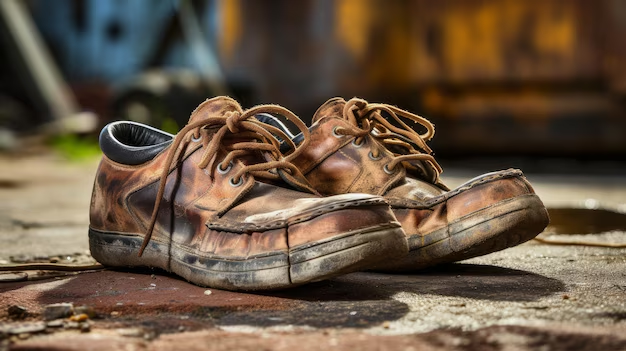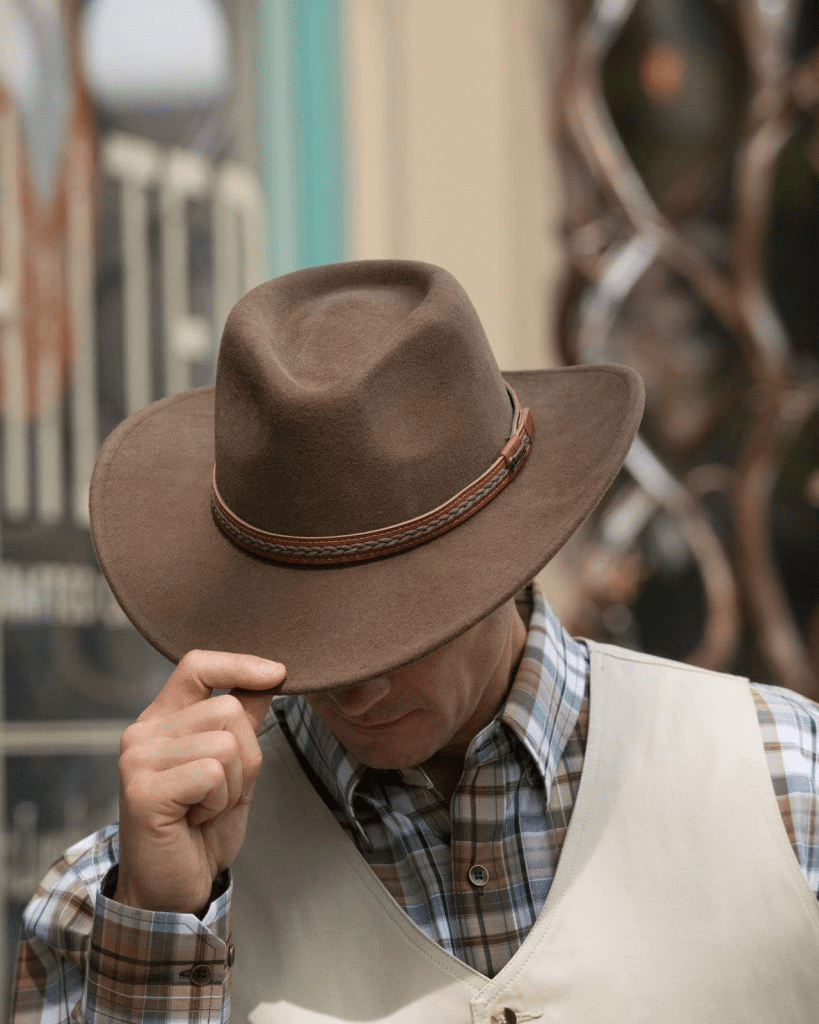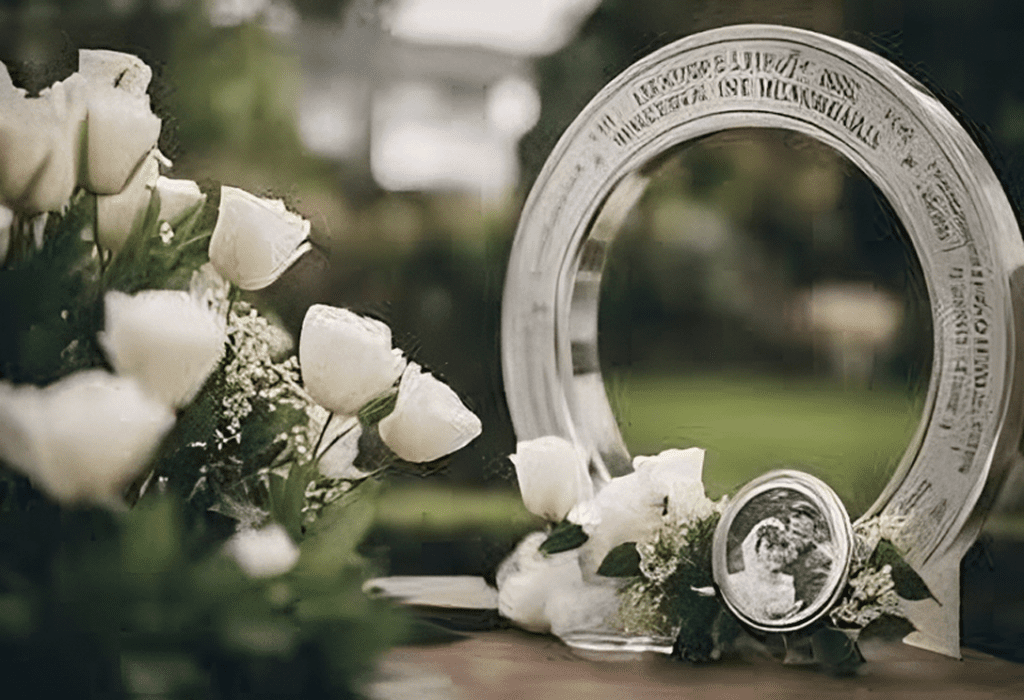Losing someone close to you is never easy, and grief often brings with it an urge to hold onto physical reminders of the person who’s gone. However, certain items, despite carrying memories, can hinder the healing process for you and future generations. Understanding which relics to let go of and why can help you process grief in a healthier way. Here are four items you should think twice about keeping when a loved one passes away.
1. Clothing: Memories Wrapped in Fabric

Clothing is often one of the hardest things to part with after a loved one dies. Their scent, the fabric they wore, and the memories tied to each piece can make it feel like they’re still with you. However, holding onto a wardrobe full of their clothing may do more harm than good.
- Emotional Impact: Clothes carry the personal scent of the deceased, which can reinforce your attachment and make it difficult to come to terms with their absence. Constantly being reminded of their presence can deepen sorrow and hinder your ability to move forward.
- Lingering Grief: The act of keeping and seeing these clothes regularly can lead to a prolonged grieving period. It’s crucial to let go of objects that keep you tied to a painful past so you can begin the healing process.
Instead of keeping all their clothes, consider saving one meaningful item, like a scarf or a jacket. You can even create a small memory quilt from their clothing, turning their fabric into something meaningful and manageable.
2. Sentimental Items: Burdens of the Past
A loved one’s favorite possessions often carry deep sentimental value, and they may be the hardest items to let go of. Whether it’s a cherished book, a favorite chair, or a watch they wore every day, these belongings hold memories that feel irreplaceable. But keeping these items may not always be the healthiest choice.
- Emotional Dependency: Holding onto too many of these items can lead to an emotional dependence on objects for comfort. You might find yourself clinging to them, unable to process your grief fully.
- Physical Clutter: Sentimental items can take up valuable space in your home, creating physical clutter that reflects your emotional clutter. Letting go of most of these items and keeping only one or two can help free up both space and emotional energy.
Consider donating or giving away these items to people who will appreciate them. Alternatively, choose one or two pieces that you can keep in a dedicated memory box or display space, keeping the person close to your heart without overwhelming your surroundings.
3. Worn-Out Shoes: Footsteps from the Past

Shoes carry unique sentimental value; they’ve been with the person through various life journeys and milestones. But keeping worn-out shoes isn’t always practical, and they may hold onto more than just memories.
- Health Risks: Shoes harbor bacteria, dirt, and other microbes that can pose health risks if worn by someone else. Moreover, worn shoes may no longer provide adequate support and could lead to discomfort or even injury.
- Symbol of Being Stuck in the Past: Psychologically, keeping the shoes of a loved one can symbolize an attachment to their past footsteps, limiting your ability to embrace the changes in your own life. It’s essential to remember that while objects capture memories, those memories live within you, not in the items themselves.
If the shoes hold significant meaning, consider taking a photograph of them or turning them into a small memorial instead. This way, you honor their memory without holding onto a physical object that may be best let go.
4. Hats: Shades of Identity and Emotion

Hats can be strongly tied to a person’s identity, reflecting their unique style or personality. However, as powerful as these symbols may be, they can also deepen emotional wounds and prevent you from accepting the loss.
- Triggers for Grief: Seeing or wearing a loved one’s hat can trigger intense emotions and regrets, continually reminding you of their absence. This makes it difficult to focus on positive memories and can keep you in a cycle of unresolved grief.
- Psychological Burden: Hats and other personal items can weigh you down with a constant reminder that you can no longer interact with that person. While it’s natural to feel connected to their memory, holding onto objects that keep you in a state of sadness can prevent you from moving forward.
To keep a part of your loved one’s memory alive in a healthier way, try creating a small memorial with photos, letters, or shared mementos. These items can evoke cherished memories without carrying the same emotional heaviness.
Alternatives to Holding Onto Physical Items

Letting go of items doesn’t mean letting go of your loved one. There are many other ways to honor their memory that can provide comfort without the physical and emotional weight of keeping belongings. Here are a few ideas:
- Memory Boxes: Create a small memory box with select items that remind you of your loved one. This can include photos, letters, or a small item of clothing. A memory box is a concentrated space for their memory, helping you honor them without the clutter.
- Memorial Art: Use an item of their clothing or a favorite object to create art, such as a quilt, a shadow box, or a framed collage. This can be a therapeutic way to celebrate their life.
- Digital Remembrances: Photograph certain belongings before letting them go. This way, you can keep the memory alive without needing to hold onto the physical items. You could even create a digital photo album or slideshow that includes favorite memories.
Conclusion: Cherish the Memories, Not Just the Objects
Navigating grief is a deeply personal journey, and everyone processes it differently. However, learning to let go of certain physical items can open up space in your heart and home for healing. Remember, the essence of a loved one isn’t confined to objects—they live on in the memories you carry, the love you shared, and the impact they had on your life. By releasing certain relics, you’re not forgetting them; instead, you’re creating room to move forward while honoring their legacy in meaningful ways.


